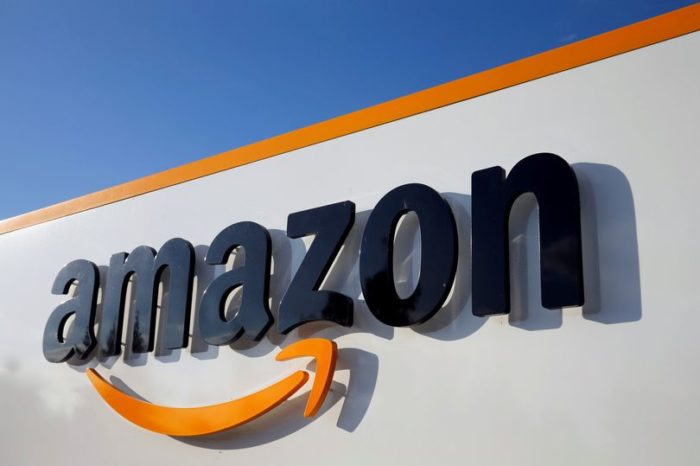US-based corporations Amazon and Walmart, which owns 77% stake in India’s largest online retailer Flipkart, together lost over $50 billion in market capitalization on Friday after the government’s updated e-commerce policy came into effect. Both companies have made big bets on the Indian retail market – with Amazon committing $5 billion here while Walmart spent $16 billion last year to buy a controlling stake in Flipkart.

Nasdaq-listed Amazon’s shares fell by 5.38% to $1626.23, losing $45.22 billion in market capitalization. Walmart’s share price fell by 2.06% to $93.86 on NYSE, losing $5.7 billion in market capitalization. At the close of trade on Friday in the US, Amazon was valued at $795.18 billion while Walmart was at $272.69 billion.
Part of the fall in share price of Amazon, which also reported its fourth-quarter results on Thursday, was driven by the company’s plans to increase spending not related to India.

But Amazon’s international sales, which includes the India business, also saw a slower growth even before the new policy came into effect. Amazon’s International net sales grew by 15% to $20.83 billion during the quarter ending December 2018, as compared to a 29% growth in the year-ago period. At the same time, it was able to narrow its International losses by 30% to $642 million for the quarter, from $919 million in the corresponding quarter last year.
Walmart is expected to declare its quarterly results later this month.
Brand Feedback
Flipkart said that it was “disappointed” about the government’s rush to implement the updated e-commerce policy and not allowing an extension to restructure the business. Amazon has also said that it will engage with the government for further clarifications “to minimize the impact on our customers and sellers.”
The Department of Industrial Policy and Promotion (DIPP) had said on Thursday that it will not be extending the timeline for the implementation of the updated e-commerce policy, which was released in late December.
Amazon and Flipkart, which account for about 75-80% of the online retail business in India and rely on a handful of large sellers for a majority of sales, had intensely lobbied for an extension. While Amazon had sought a four-month extension, Flipkart had requested the government for about six months to comply with the new rules.
The Policy Terms
The policy said that e-tailers cannot hold a stake in seller entities that sell on their marketplace, which cause Amazon India to delist lakhs of products overnight. Before the regulation, Amazon India had two seller entities – Cloudtail (a joint venture with Narayana Murthy’s investment firm Catamaran) and Appario Retail (a joint venture with Ashok Patni family office) – which accounted for a majority of the sales on the platform.
Under the new rules, e-commerce firms also need to check they are not sourcing over 25% of a seller’s gross sale through wholesale units like Flipkart India Private Limited and Amazon Wholesale. The impact of this is likely to be felt in a few weeks as sellers start running out of inventory even as both Flipkart and Amazon India restructure agreements with brands, especially exclusive launches.
Under the new norms of the e-commerce policy, the companies cannot directly or indirectly influence the pricing of products on their platforms.
















